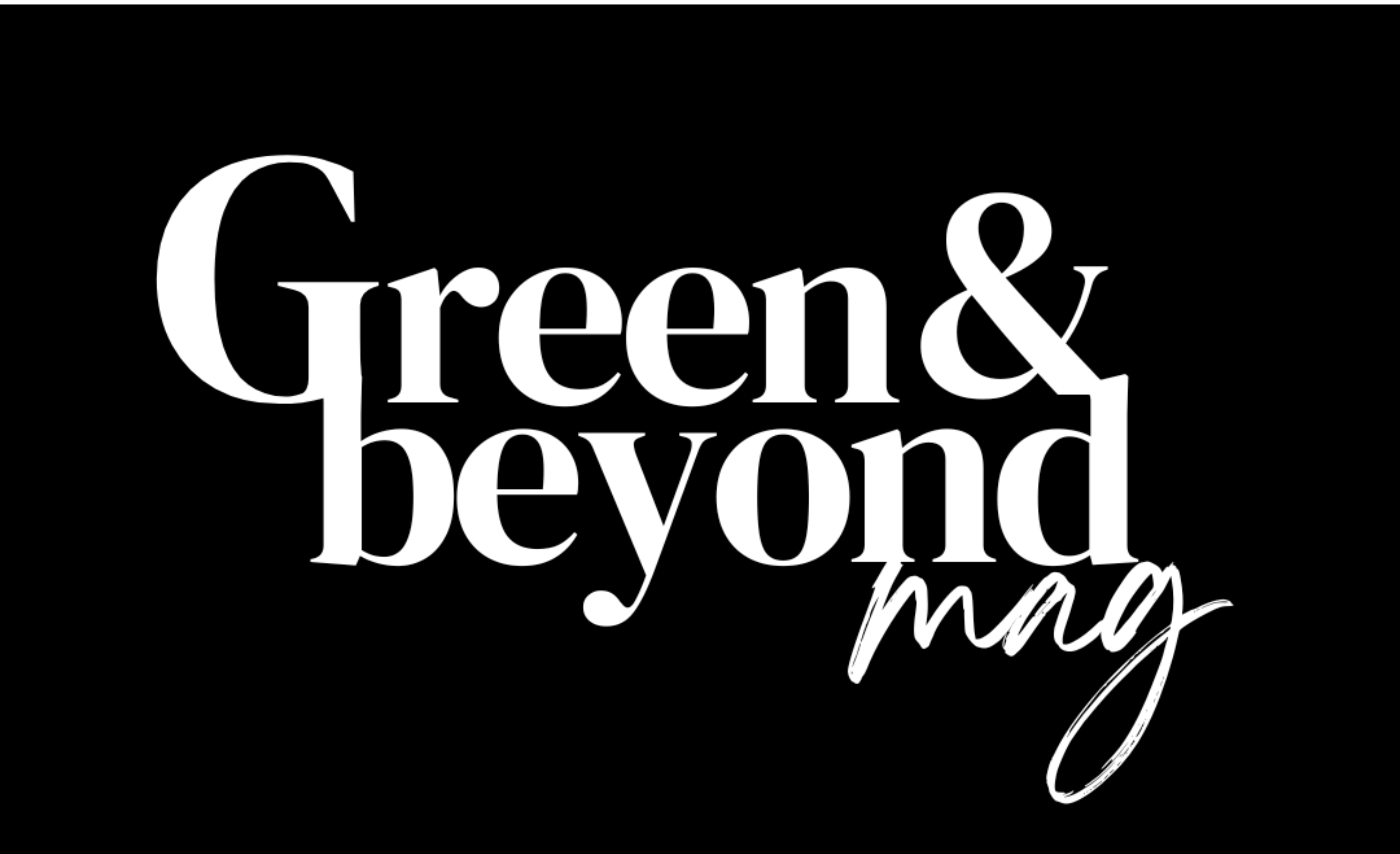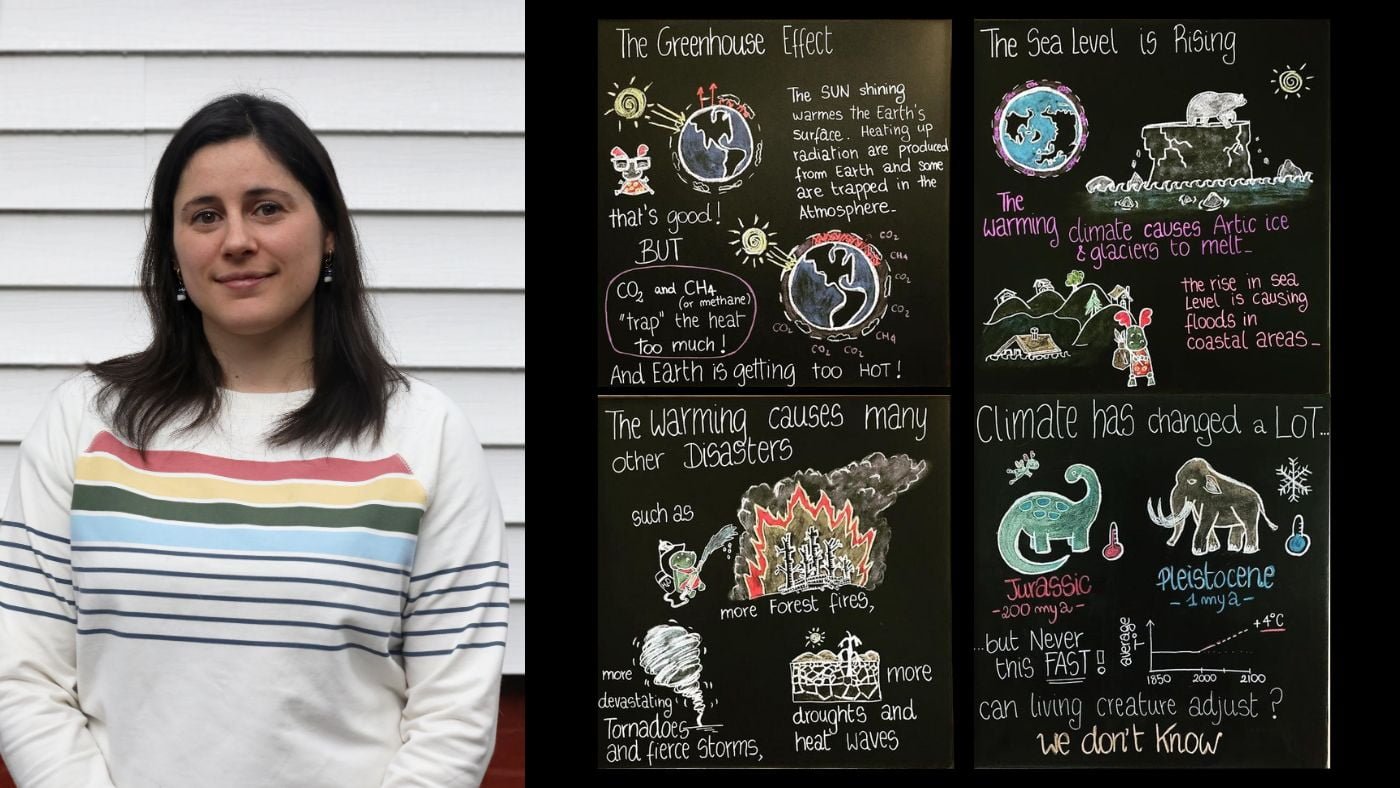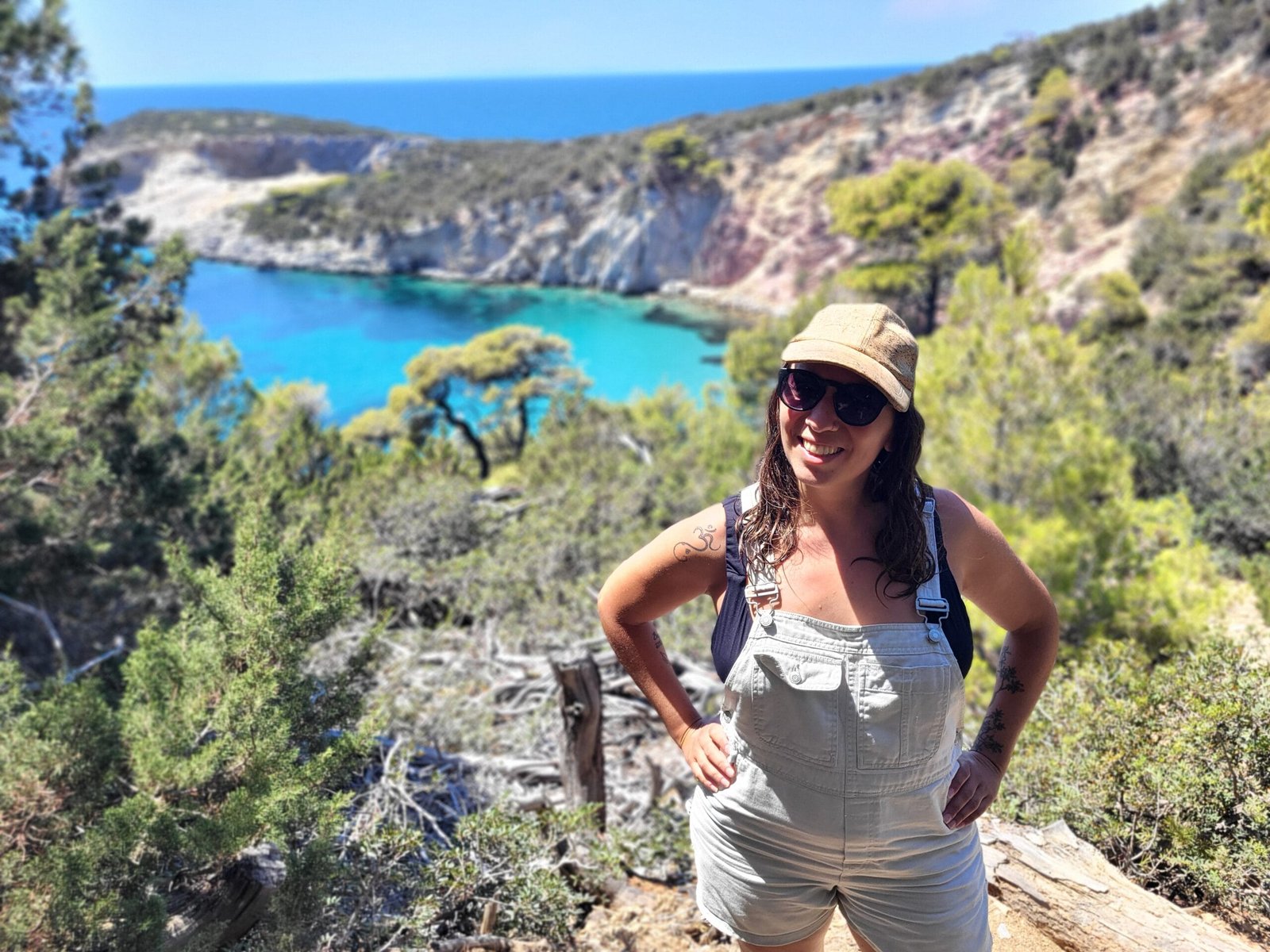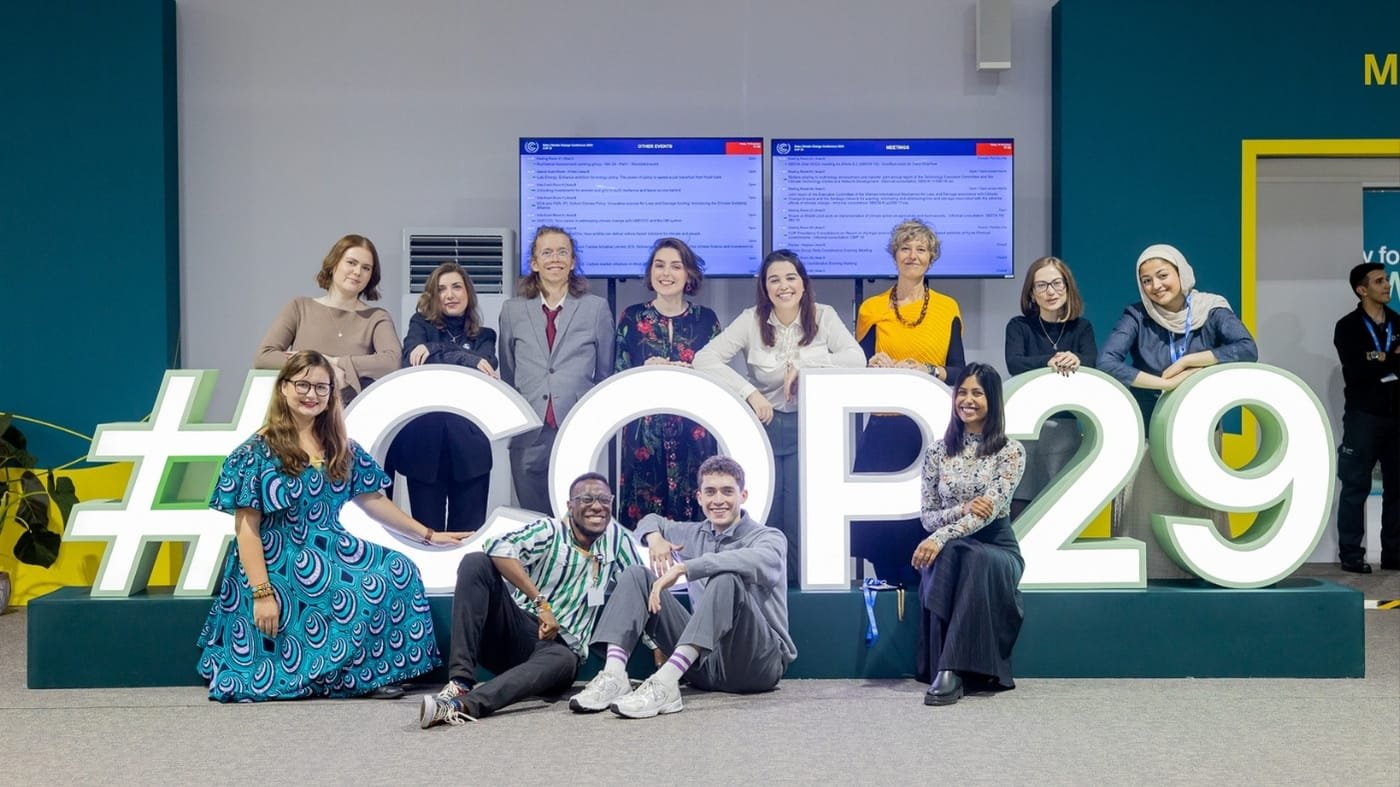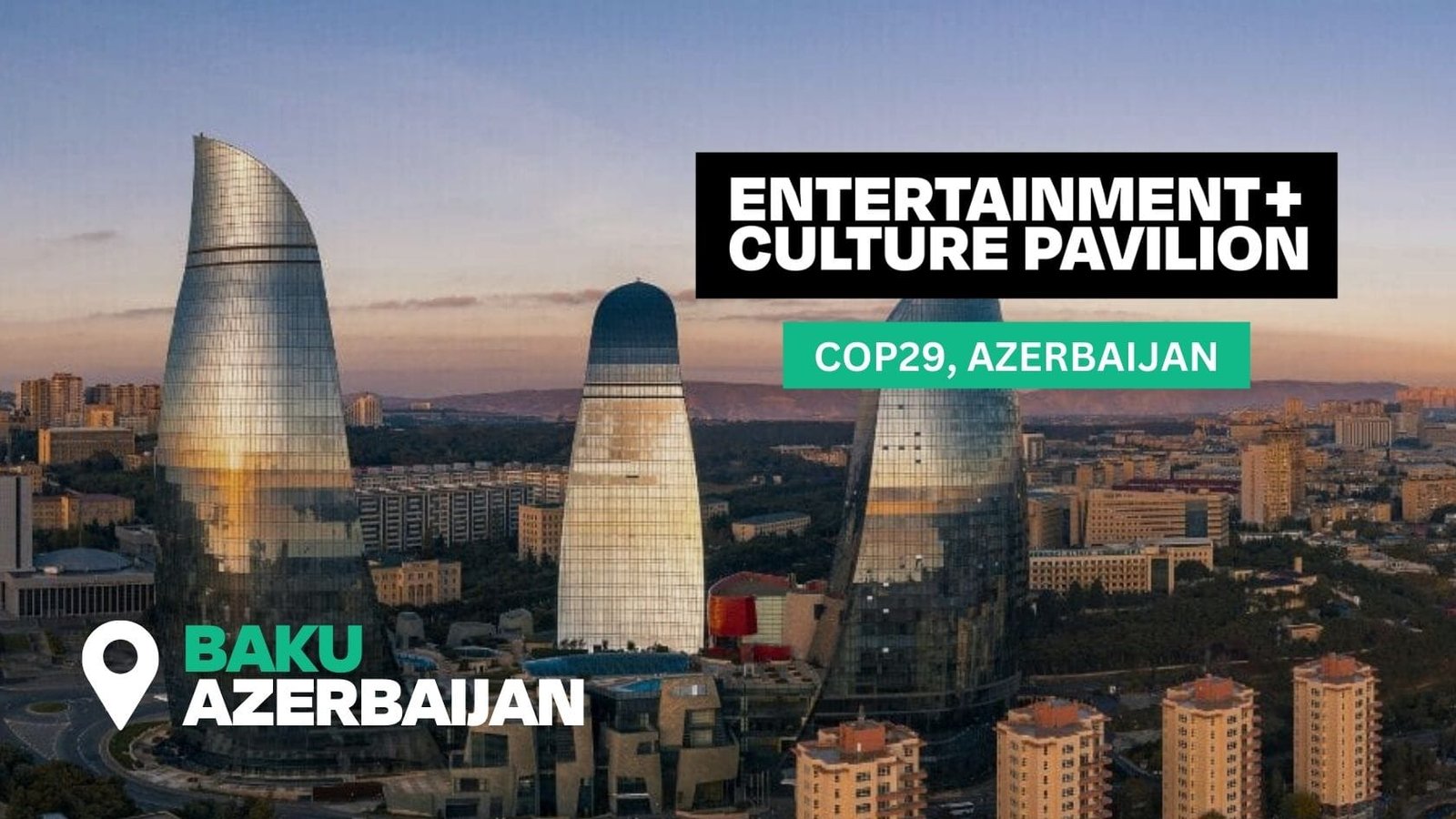Meet Giovanna Capovilla, a remarkable scientist with a passion for unraveling the mysteries of photosynthetic organisms and their resilience to environmental challenges. From her Ph.D. research in Germany to her postdoctoral work at MIT, she has delved into the intricate world of plant biology and ecology. But Giovanna’s journey goes beyond the confines of laboratories; she is also a dedicated science communicator, driven by the desire to bridge the gap between the scientific community and the wider public.
Through her captivating initiative, Black Board 4 Science, Giovanna uses her artistic flair to communicate complex scientific concepts, especially those related to climate change. As a climate optimist, she believes in the power of collective action and strives to inspire others to take steps towards a more sustainable future. In this interview, Giovanna shares her insights on the importance of scientific communication, her sustainability practices, and the profound impact of being kind and relentless in life. Get ready to be inspired by this dynamic scientist and compassionate human being.
Can you tell us a bit about yourself?
I am a Scientist. My overarching interests in my research are to understand how photosynthetic organisms evolve and interact with their environment. During my Ph.D. at the Max Planck Institute for Biology in Tübingen, Germany, I have been working with Arabidopsis, a model vascular plant. I was interested in studying how specific regulatory mechanisms that control plant morphology and flowering time cope with temperature fluctuations. For my postdoctoral studies at MIT, I directed my work toward unicellular photosynthetic organisms, leveraging my expertise in Molecular Biology while learning about Ecology. I have since worked with the most abundant cyanobacteria in the oceans.
I will soon move with my family to London, joining UCL as a lecturer. I will keep working toward unraveling the mechanisms that helped plants evolve from water to land, coping with harsh temperature fluctuations, which are only getting more abrupt with climate change. I am also blessed to be the mom of my wonderful 3-year-old son and of the sweetest fluffy dog. What else? I am Italian, born and raised.
You have a very unique style of creating educational content. Can you tell us a bit about Black Board 4 Science? What inspired you to start this initiative?
When a scientist is married to another scientist, what happens is that most of their friends are scientists too. And then, without realizing it, dinner conversations turn a bit (or a lot) nerdy. This is classic, and our family is like that. In our job, we need to go deep into finding out the smallest details of a small part of a big-picture project. So much so that the ‘big picture’ is not even mentioned but given for granted. That’s how scientific progress works; it’s like adding a new piece to a gigantic puzzle (one we don’t have a box for), adding up to answering the question of ‘What is life and how does it work?’
That’s obvious, except during my academic journey, I figured talking with ‘regular’ people, family members, and acquaintances curious about my work that to them, what I did was not clear at all. I have seen puzzled faces, blank stares, and questions like “But why do you care?” “What is that you do?”. I have seen people feeling defensive, telling me that “all evil characters are scientists” or that “Scientists think they know it all.” I figured that the scientific process and divulgation are two separate worlds, each needing a different set of tools. One is very formal (rigid, in a way) detailed oriented, and full of constructive criticism (and to us, so familiar!); the other is more accessible to the untrained public, it should be catchy, entertaining, and short, or people get bored and switch off their brains. I felt like I needed to learn more about scientific communication for the large public.
How to get people excited about science is a gift some scientific communicators have, but I think all scientists should cultivate it. I think it’s important because science is a job people do for passion and is mostly publicly funded. I believe taxpayers should benefit from it as much as possible and enjoy it too. When we moved to Boston, my now husband bought a blackboard on our first trip to IKEA. It became one of the few decorations in our house for a while. I used it to describe our first adventures in the big city, and I found it fun to deliver a message with illustrations and just a few words. Chalks are bulky and crumble all apart, making it less obvious that my drawing talent is average at best. I found it fun, so I thought I could talk about science this way! Then I wondered what was the most important topic to discuss first, and climate change, given the emergency, had to get priority. A friend talked me into using Instagram for this project, and here we are.
As a scientist and an artist, why did you feel it was important to create educational content on climate change?
Thank you for the ‘artist’; you are very kind.
When it comes to climate change, we are literally all in the same boat, and we need each other. People need to be informed and access accurate content to make informed decisions. While scientists can alert about the problem (they have been doing it for decades) and find potential and creative solutions, we need a global and structural change in our lifestyle, and to do this, we need governments to be involved and people to be interested.
Change requires a lot of energy and consensus. Scientists should really keep talking about this to the public. Public debates are out of our comfort zone because we weigh each word we say, and if we are not documented enough on something, we can’t respond on the spot in a debate. We are also typically interested in finding solutions rather than winning arguments, so I figure I could contribute to offering accurate content. People can then think and choose for themselves, but the more accessible and accurate content is available, the better.
We can see lots of misinformation about the science of climate change on social media as well as in real life. There are climate change deniers too. As a scientist, what do you think is the reason(s) behind denying climate change or spreading misinformation?
Facing the climate emergency is hard. Fear of the unknown brings up overwhelming feelings. It is terrifying. So denial is often a solid first response. Possibly one of the quickest ways the human brain reacts to unbearable bad news. I think it’s human, and it’s understandable. But it is not helpful.
What is your take on climate optimism?
Climate optimism is the healthiest and bravest way to contrast inaction due to climate anxiety. It means finding the motivation to keep fighting and transitioning to a more sustainable life one step at a time, ideally inspiring people around us to do the same. It means acknowledging the issues, facing reality, and deciding to look at achievable solutions instead of pointing fingers and being judgemental. Meaningful change is challenging to achieve, and it requires connecting with others at a human level, focusing on opportunities to be part of those brave individuals who try in bigger and smaller ways to build a better future, one step at a time. Nobody has all the answers, and everyone who is not in denial is worried about the future, but we can find resilience and creative solutions as a collective. A positive mindset allows creativity to flow, and we definitely need more of that. I hope I’ll be able to contribute to inspiring at least someone.
As a scientist, you continuously have to deal with the latest facts, and the climate crisis is getting intensified with every passing day. How do you keep yourself motivated and keep doing what you do?
Every new report is terrifying. But there is also news on all the new initiatives and on how increasingly more people take action manifesting, talking about it, and demanding change with urgency. For example, our new MIT President spoke about climate change in her inaugural speech a month ago or so. Actually, a whole new degree program has been created at MIT to address climate change and find solutions. I find all that refreshing.
I keep myself busy, which is not hard, being a working mom, and I keep educating myself about this topic. I am particularly interested in learning more about proposed solutions and progress. It is increasingly clear that we need a plan forward. In tackling a big problem, it is useful to divide it into smaller tasks and assign the tasks to people with the right skills. We need to be able to use the technology we have available and start using that to reduce our CO2 emissions. Meanwhile, we need funds for research and development of new and clever solutions to obtain 0 emissions and capture CO2 efficiently. Climate change is not something a single person can take on, but something everybody should keep in mind always.
Do you have an idol?
I have too many! There are so many inspiring people…
To name just a few women in Science, I’d say Madame Curie, Rosalind Franklin, and being Italian myself, Rita Levi Montalcini and Margherita Hack come to mind because, yes, representation matters. Among Italian scientific communicators, I am a big fan of Piero and Alberto Angela, who brought science to prime time on major Italian TV channels in an elegant and eloquent way. I grew up watching their shows.
But the truth is I am a big fan of each and every kind and compassionate human being. I am blessed to know many wonderful people in real life who have been inspiring and tangible on a day-to-day basis, friends, advisors, and family members.
How do you practice sustainability in your regular lifestyle?
In a household where both parents work full time, like ours, time is very limited. I look at what I can do with the time and bandwidth I have, trying to add to our routines more and more sustainable choices. For example, when my son was a baby, we used cloth diapers rented through a local company. Honestly, I wouldn’t have had the bandwidth to add that amount of laundry to my life, but this way, I got to avoid commercial diaper use, and we supported a small and local business. Babies need a lot of gear and only use those for a few months at best. Luckily, there is a florid network of parents in the neighborhood I could turn to get and return baby books and gear, making the process less wasteful. I also pay attention to details, bringing my own bags to the supermarket, choosing the laundry detergent that comes in carton boxes, shopping second-hand when possible, choosing public transport or carpooling whenever possible, carrying my reusable water bottle around, and so on.
What do you do for fun? Any hobbies/passions besides Black Board 4 Science?
As I mentioned, I am a mom, and we have a very high-energy dog. So spending time with my family is where my free time goes. I also have many passions and try to blend them into my mom’s life. I love photography, climbing, and running, for example (although I’ll admit I am a little out of shape at the moment). My 3yo climbs everywhere, and my niece is interested in climbing too, so I will soon resume climbing and enjoy it with them.
How do you define success?
When your job is interesting, creative, and worthwhile, you are basically paid to have fun. I call that a win.
What’s your mantra for life?
I go by “Be kind always and relentless as needed.”
Learn more about Giovanna Capovilla and connect with her on Instagram.
This is a part of a series where Green & Beyond Mag explores the stories and takes a peek at the lifestyles of incredible people like green entrepreneurs, innovators, climate advocates, activists, community leaders, and content creators, all around the world, who love the planet, and are working tirelessly to make the world a better place.
